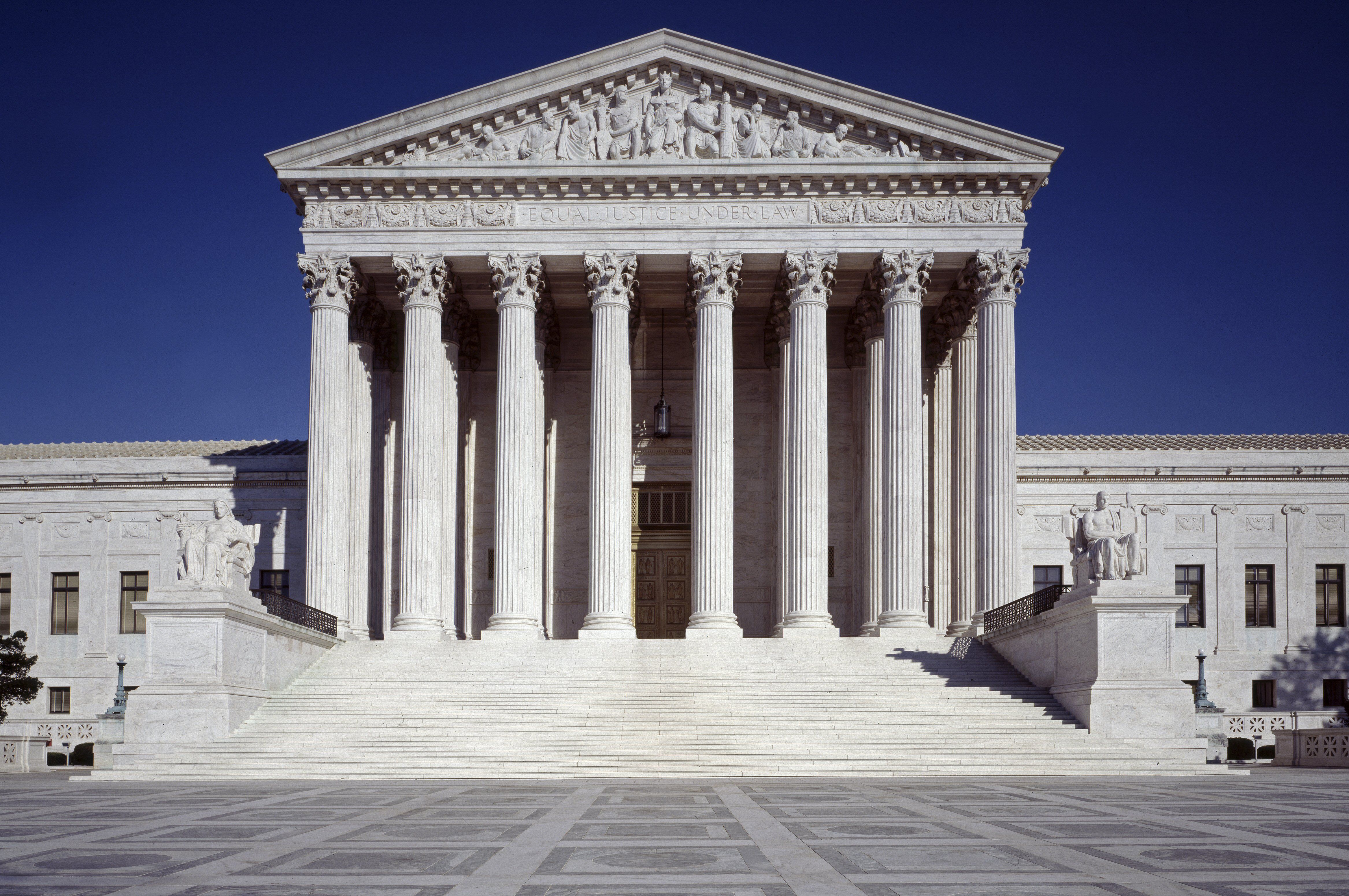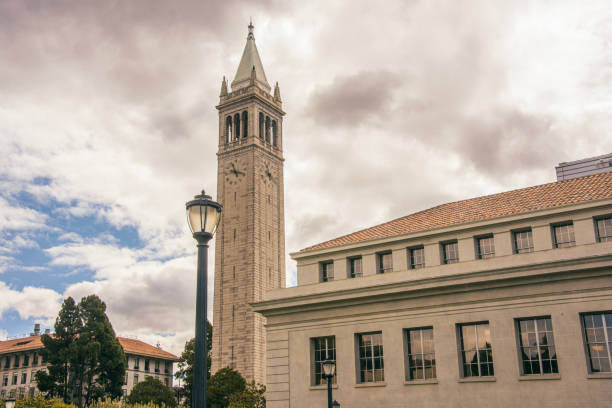Earlier this morning, the Supreme Court of The United States (SCOTUS) issued a ruling for Students for Fair Admissions, Inc. v. President and Fellows of Harvard College. This ruling invokes the Equal Protection Clause of the 14th Amendment to restrict—but not entirely outlaw—the use of race as a factor in college admissions decisions. The scope and implications of the decision are much more nuanced, however, and that distinction, restricting rather than outlawing, is the linchpin to understanding what this actually means for the future of college admissions.
In this blog, we will discuss what brought us here, the history of affirmative action, and what students need to know to navigate the recent declaration.
What Brought Us Here?
Affirmative action, brought forward by President Lyndon Johnson, is a decades-long policy that aims to improve opportunities for members of minorities or underrepresented groups. In the context of college admissions, the purpose was to ensure that there was fair representation on college campuses.
In 2022, SCOTUS began considering two cases on affirmative action that were brought to the court by Students of Fair Admissions (SFFA). The lawsuits, Students for Fair Admissions v. President and Fellows of Harvard College and Students for Fair Admissions v. University of North Carolina, seek to review the use of affirmative action in the college admissions process and to reconsider if race should be part of the decision-making process.
While some public colleges, like the University of Texas and Michigan, and at least nine states—Arizona, California, Florida, Idaho, Michigan, Nebraska, Oklahoma, and Washington—have long since banned race-conscious considerations in the college admissions process, many colleges insist that race-consciousness helps colleges maintain diversity and representation on campus.
In fact, Lawrence Seldon Bacow, Harvard's current and 29th president, released a statement stating:
"When Harvard assembles a class of undergraduates, it matters that they come from different social, economic, geographical, racial, and ethnic backgrounds. It matters that they come to our campus with varied academic interests and skill sets."
Although colleges and universities across the US have always used a holistic approach to the college admissions process, it was cited in a court brief that 41.5% of schools and 60% of selective schools (those with a 40% or lower acceptance rate) consider race to some degree when evaluating applications.
So, the big question is, what does this mean for future applicants, and how can they navigate the most recent ruling?
How to Navigate Affirmative Action in College Admissions
Focus on the College Essays
Students, pay close attention to what you’re being asked. There may be fewer open references to identity in the prompts, but it’s likely that there will be just as many, if not more, areas where identity is perfectly in line with the information students are being asked to share.
That said, it is still very important for all students to remember that identity has never been the linchpin of admissions. It has, at most, only ever been used as one additional piece of context that helps admissions readers understand how to interpret and assess the lived experiences shared on an application. Students should neither overemphasize their identity in the hopes that they can “use it” for admissions purposes nor should they worry that being part of the majority in any way disadvantages them in the admissions process.
Every student should continue to see the essays as their opportunity to share information about themselves that is otherwise unavailable to the admissions office. This is where students can share tidbits of information that show how interesting, passionate, talented, or caring they are in ways that do not appear in the rest of the application. The essays are where students get to put their character on display, which brings us to the second point related specifically to the recent decision
Be Conscious of Your Own Efforts to Increase Diversity and Inclusion
Colleges that practice holistic admissions—especially the more selective of them—have long confirmed that their admissions decisions are based on much more than a simple analysis of a student’s grades, test scores, and other talent-based factors. For these schools, the decision is based on what the admissions officers are able to put together as a semi-comprehensive understanding of the student as a complete person and how that person might contribute in some way to existing institutional needs and priorities.
Many schools are dedicated to increasing diversity, equity, and inclusion (DEI)—as evidenced by efforts in Michigan and Texas after their Supreme Court decisions. They are meeting that goal in part by admitting more students of diverse backgrounds, but another one of their focuses is on creating environments that are more welcoming, inclusive, and conducive to the success of those diverse students. The thought is that focusing on that kind of environment will encourage a greater pool of diverse students to apply to that particular college, and will help bring more of those admitted to the campuses. We can see evidence of this from diversity-driven plans shared by Michigan, UVA, the UC System, and a great many other schools in both liberal and conservative-leaning states. This all means that your own engagement with issues of diversity, equity, and inclusion can be beneficial.
Operate As Usual
Again, identity was never a magic key that unlocked the doors to admissions. It was simply one of many variables taken into consideration during a complicated calculus. While today’s decision does mean that many historically underrepresented and underprivileged students—especially those applying to universities without the resources to enact immediate countermeasures—will have to fight a bit harder to overcome the unfair obstacles that affirmative action sought to remove, it does not change the fact that all students have always needed to be qualified in order to get in.
The meat and bones of the admissions process are going to be almost exactly the same as it was before SCOTUS announced its decision. Activities will be reviewed, letters of recommendation will be assessed, personal statements will be picked over for information, and admissions officers will do what they can to build a whole person from a few pages of application materials. They will be doing much of what they did before, and you should follow suit.
Conclusion
Collegewise is committed to providing families with the most up-to-date, honest information about the college admissions process and will be paying close attention to any further developments. If your family has questions or would like to learn more about how Collegewise can support your family as you navigate upcoming changes, feel free to schedule a free consultation with our experts.
About Us: With more than twenty years of experience, Collegewise counselors and tutors are at the forefront of the ever-evolving admissions landscape. Our work has always centered on you: the student. And just like we’ve always done, we look for ways for you to be your best self - whether it’s in the classroom, in your applications or in the right-fit college environment. Our range of tools include counseling, test prep, academic tutoring, and essay management, all with the support of our proprietary platform, leading to a 4x higher than average admissions rates.



/Blog%20CTAs%20(1)-1.png?width=600&height=200&name=Blog%20CTAs%20(1)-1.png)



